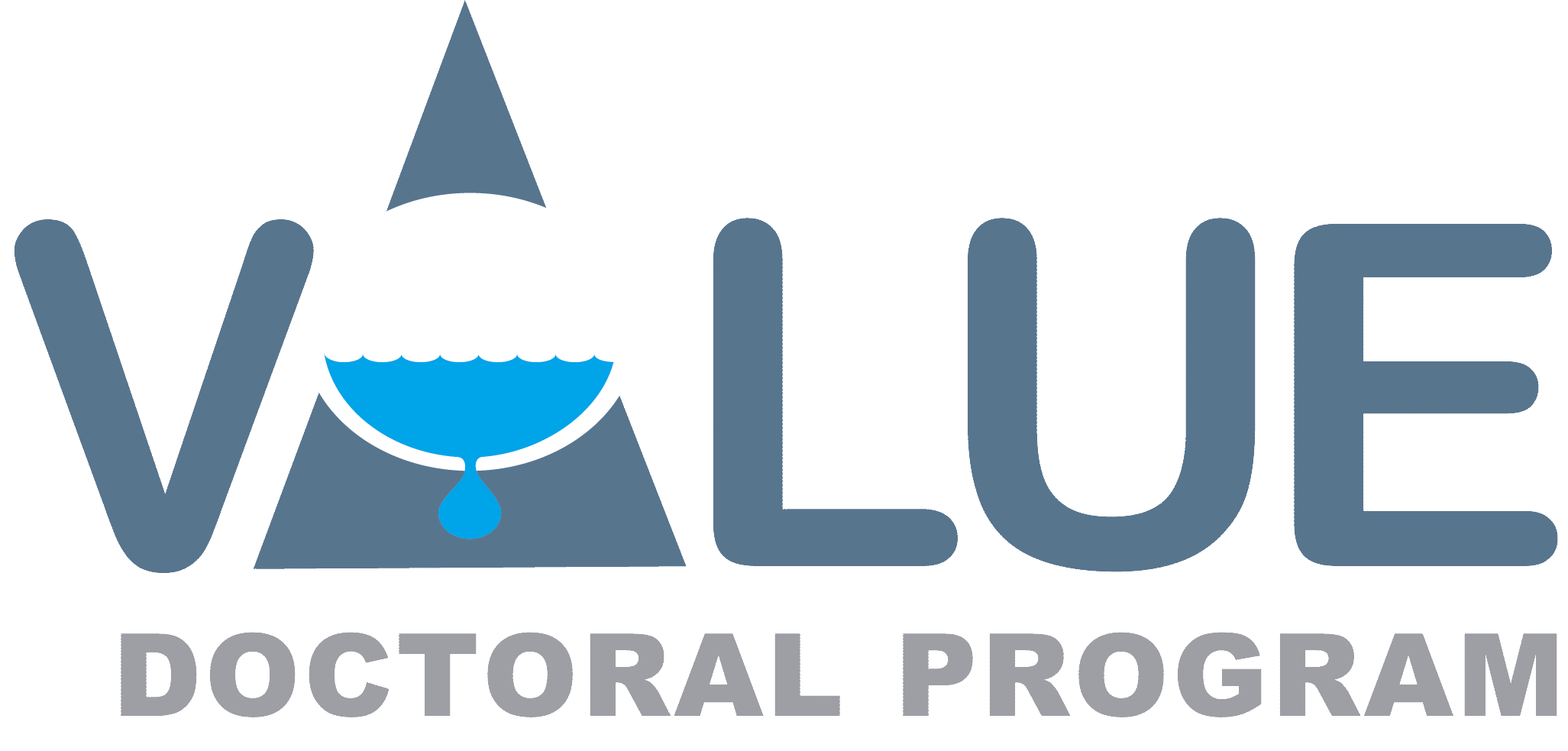24.5.2012
VALUE Course 2012
Short PhD Course
Model Calibration and Predictive Uncertainty Analysis
using PEST
University of Oulu, Linnanmaa Campus, Lecture Room IT138, Oulu, Finland
16.8-21.8, 2012
Look at the course description and information about the fees and how to registration in here.
NB: Each lecture and training days starts at 9 am. and end at about 17 (flexible). The lecture room is IT138 in Environmental Sciences Building, street address Rakentajantie 3, Oulu, Finland.
Draft Program
Thursday 16.8.2012: Rokua Excursion
- Excursion to Rokua esker with discussion about groundwater modeling and monitoring. Read more about the excursion here.
Friday 17.8.2012 at 9-17: Introduction and Parameter Estimation Basics
- introductions
- outline for next four days
- basic statistics
- what is “calibration”?
- well-posed problems and ill-posed problems
- linear theory of well-posed inverse problems
- inferring parameter uncertainty in the well-posed context
- extension of theory to nonlinear models
- observation weighting
- prior information
- parameter nonuniqueness
- use of parameter bounds
- the Marquardt lambda
- analysis of residuals
- PEST and model-independence
- template and instruction files
- the PEST control file
- tuning PEST performance
- PEST, Parallel PEST and BEOPEST
Saturday 18.8.2012 at 9-17: Ill-Posed Problems and Highly Parameterized Inversion
- the nature of expert knowledge
- the need for regularization
- metrics for uniqueness
- brief discussion of geostatistics
- kriging as regularized inversion
- Tikhonov regularization
- use of pilot points as a device for spatial parameterization
- combining pilot points and regularization
- utility software to implement regularized inversion
- truncated singular value decomposition as a regularization device
- information transfer expressed through singular value decomposition
- model simplification as a regularization device
- PEST’s “SVD-assist” methodology
- the resolution matrix
- examples
Monday 20.8.2012 at 9-17: Calibration in Different Contexts
Groundwater modelling
- use of PEST with MODFLOW, MT3D and SEAWAT
- coping with cell drying and re-wetting in MODFLOW
- pilot point emplacement guidelines
- strategies for steady state model calibration
- strategies for transient model calibration
- strategies for multi-layer model calibration
- handling uncertain boundary conditions
- calibration and hypothesis testing
- PEST groundwater modeling utility software
Surface water modeling
- problems encountered when calibrating surface water and land use models
- overcoming these problems
- multiple objective function minima and how to handle them
- global methods
- the SCE and CMA methods
- multi-objective parameter estimation
- simultaneous calibration of multiple models with/without inter-model regularization
- incorporation of exceedence probabilities and other “secondary observations” into the parameter estimation process
- digital filtering for baseflow separation and incorporation of this into the calibration process
- description of utility software supplied with PEST
- use of constituent and sediment data in model calibration
- incorporation of relationships between model parameters and catchment properties into the calibration process
Tuesday 21.8.2012 at 9-17: Uncertainty Analysis and Model Simplification
Uncertainty analysis
- sensitivity analysis
- loss of detail incurred through model calibration
- the difference between “uncertainty” and “potential for error”
- linear propagation of uncertainty and error
- nonlinear predictive uncertainty and error variance analysis
- stochastic field generation
- calibration-constrained stochastic field generation
- calibration constrained Monte Carlo analysis
- Markov chain Monte Carlo
- null space Monte Carlo
- data worth analysis
- parameter contributions to predictive uncertainty
- examples
Working with defective models
- expressing model defects mathematically
- the nature of structural noise
- ramifications for predictive uncertainty analysis
- surrogate roles taken by parameters and repercussions for model calibration
- prediction-specific calibration
- uncertainty quantification through hypothesis-testing
- model-based decision-making
Practical Sessions
As time permits, a number of sessions during the course will be devoted to workshops through which participants can gain experience in using PEST. Fourteen such exercises are provided – many more than can be done during the time allotted. All participants will be given a memory stick with these exercises so that they can do them later, in their own time. These memory sticks will also include copies of all slides used during the course, the latest version of PEST, and a variety of PEST-related literature.
More information:
Instructional coordinator Riitta Kamula, Tel. +358 40 524 6013, riitta.kamula at oulu.fi
